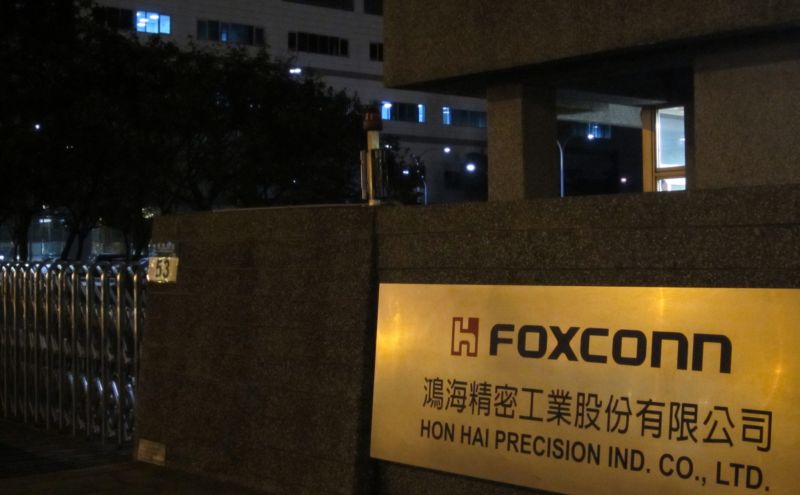
Enlarge/A Foxconn facility .
Apple and Foxconn violated a Chinese labor rule by using too many temporary staff at a major factory that makes iPhones. Asreportedby Bloomberg’s Mark Gurman , the two companies confirmed the allegation.
Chinese labor law allows facilities like Foxconn’s Zhengzhou plant to operate with no more than 10% of the staff being temporary workers in August 2019, according to non-profit watchdogChina Labor Watch, which released the initial report to which Apple and Foxconn responded. The report also made allegations about worker hours and compensation.
According to that report, 50% of the workforce were temporary staff. However, many were students who have now returned to school, bringing the number down to 30%.
Apple regularly releasesreportsoutlining its standards, guidelines, and practices for labor issues in its supply line, including targets it aims to hit and areas it intends to improve. China Labor Watch’s report claimed that these and other findings violated Apple’s own code of conduct.
According to Bloomberg, Apple conducted an “investigation” and found that the percentage of temporary workers in place “exceeded our standards” and promised to work “closely with Foxconn to resolve this issue.” The report also says that Foxconn performed its own operational review and came to similar findings.
Apple distributed this statement on the issue:
We believe everyone in our supply chain should be treated with dignity and respect. To make sure our high standards are being adhered to, we have robust management systems in place beginning with training on workplace rights, on-site worker interviews, anonymous grievance channels, and ongoing audits.
And Foxconn stated, “We will not hesitate to take any additional steps that might be required to meet the high standards we set for our operations. ”
The temporary workers — also called dispatch workers — do not get full-time benefits like paid time off or health insurance. Foxconn and its workers also manufacture products for other clients, like Amazon. The company has been rocked by other controversies and allegations in the past; for example, Foxconn fired two executives after China Labor Watchdiscoveredoveruse of temporary workers in making Amazon’s Echo speakers.
[Update 3:18pm ET]: When Ars reached out to Apple for comment, Apple provided the following statement:
We believe everyone in our supply chain should be treated with dignity and respect. To make sure our high standards are being adhered to, we have robust management systems in place beginning with training on workplace rights, on-site worker interviews, anonymous grievance channels and ongoing audits. When we find issues, we work with our suppliers to take immediate corrective action.
We looked into the claims by China Labor Watch and most of the allegations are false. We have confirmed all workers are being compensated appropriately, including any overtime wages and bonuses, all overtime work was voluntary and there was no evidence of forced labor.
We did find during our investigation that the percentage of dispatch workers exceeded our standards and we are working closely with Foxconn to resolve this







GIPHY App Key not set. Please check settings